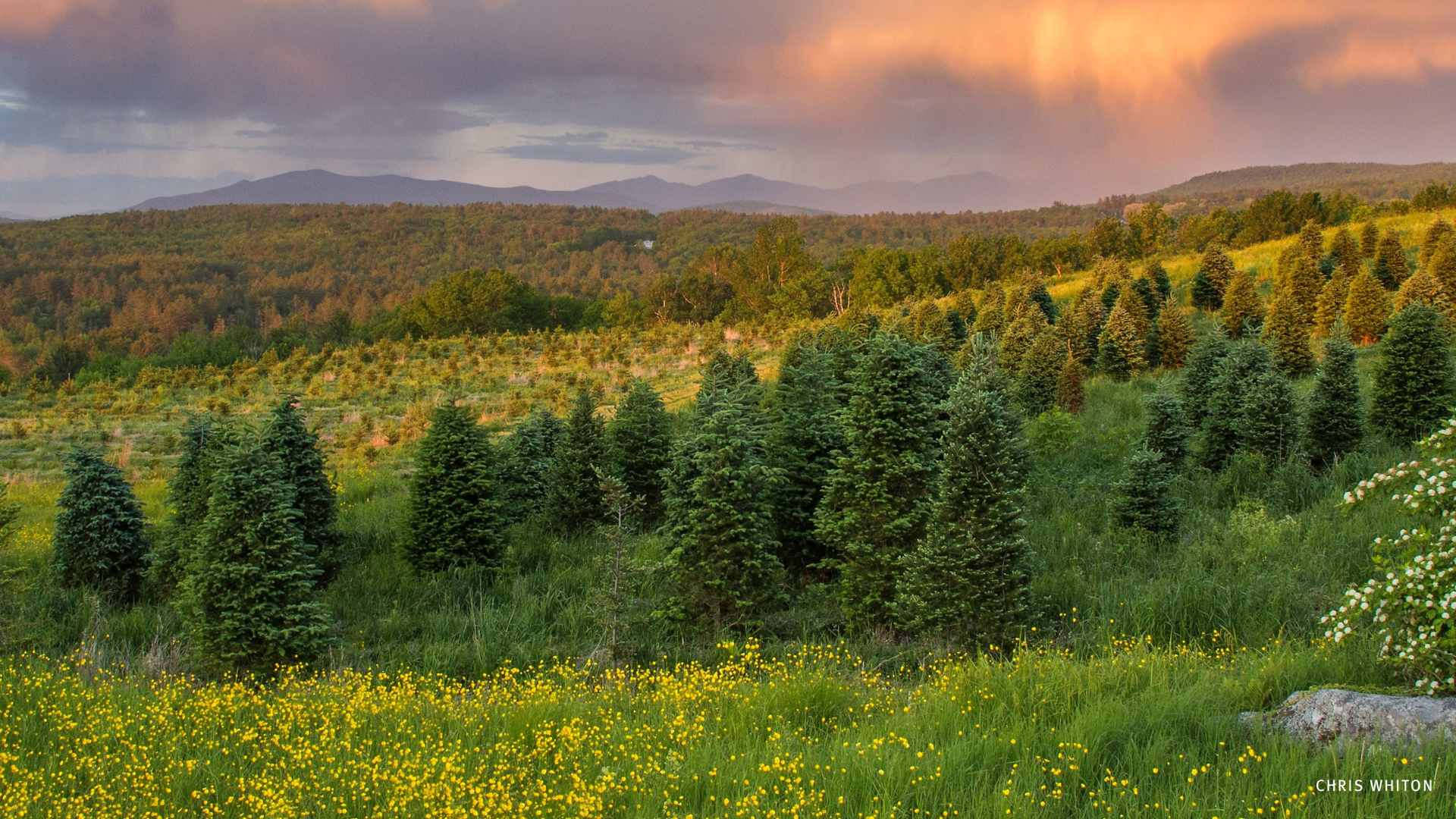CONCORD — Eversource spent a quarter of a billion dollars on the Northern Pass project through September as it awaits a key ruling in February.
“Eversource has paid as of Sept. 30, $249 million in Northern Pass-related expenses,” project spokesman Martin Murray said Wednesday.
The costs include nearly $1.5 million for application fees for several permits from the state Department of Environmental Services. They were for wetlands, alteration of terrain and shoreland permits.
“Fees support staff in those programs, ongoing operation costs of those programs and projection construction inspection expenses,” said DES spokesman James Martin.
The proposed $1.6 billion project, which runs through more than 30 communities, needs a handful of state and federal approvals before it can start operating by late 2020. The transmission-line route runs from Pittsburg to Deerfield and includes 60 miles of buried lines.
Murray said the expenses include engineering, property purchases, attorney fees and application fees. He didn’t have a detailed breakdown.
Northern Pass previously has said it spent around $40 million to acquire land to help complete the proposed route.
“None of the costs associated with Northern Pass are going to be paid for by New Hampshire customers,” Murray said.
Eversource is funding the construction through borrowing and stockholder equity.
Expenses include paying the costs of providing a building for the state Site Evaluation Committee to host about 70 days of hearings to decide whether to greenlight the project. A verbal decision is expected in February.
Eversource also paid for seven committee tours featuring locations where the route would run or have an effect.
In 2017, the project spent $32 million through Sept. 30.
The expenses stretch back to 2010 with 2016 recording the highest year, at $41 million, according to Murray.
Many project opponents want more or all of the line buried underground.
“If they spent $249 million burying more of the line, they might already have it operational by now,” said project foe Jack Savage from the Society for the Protection of New Hampshire Forests.
Eversource Spending on Northern Pass Approaches $250 Million
by Michael Cousineau, Union Leader
